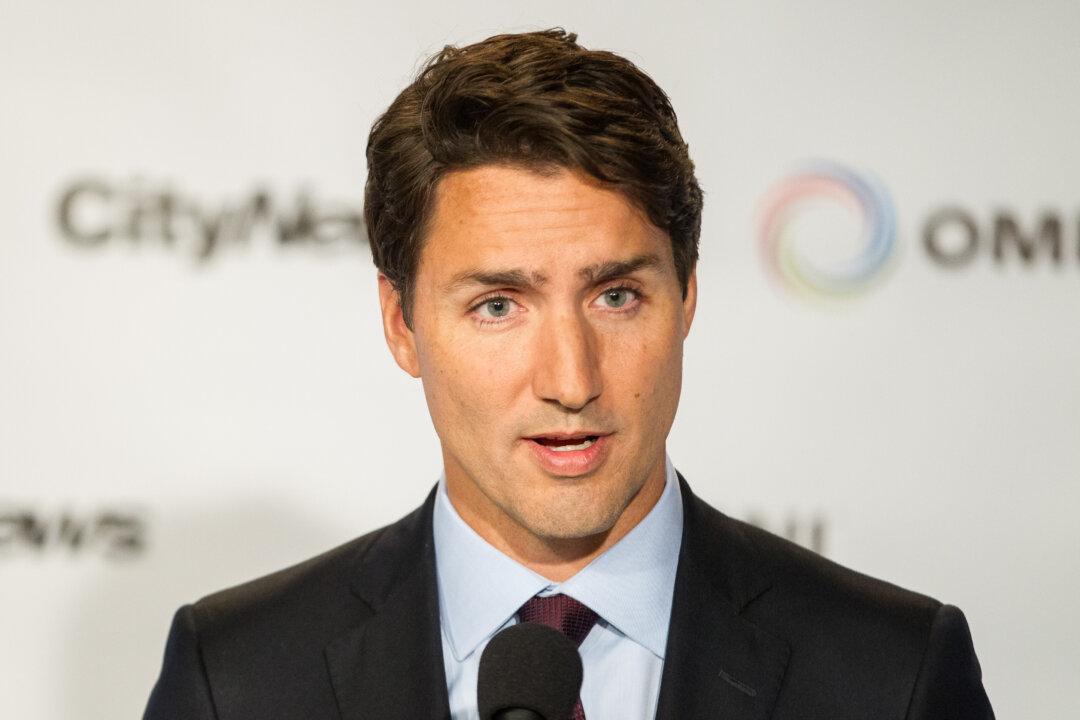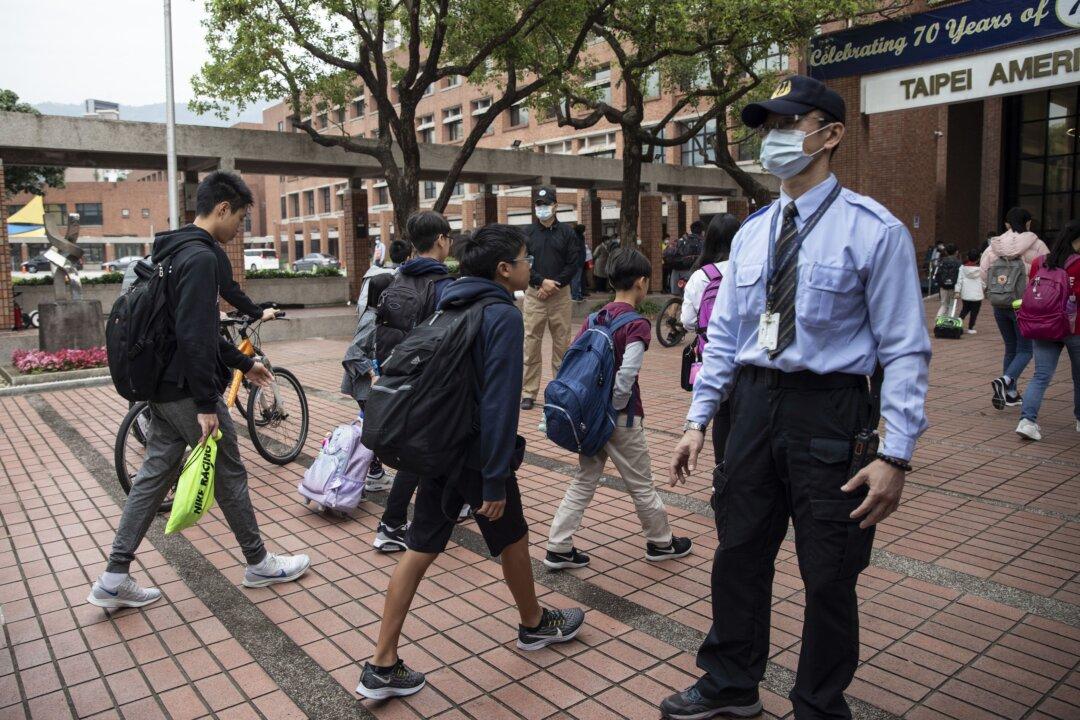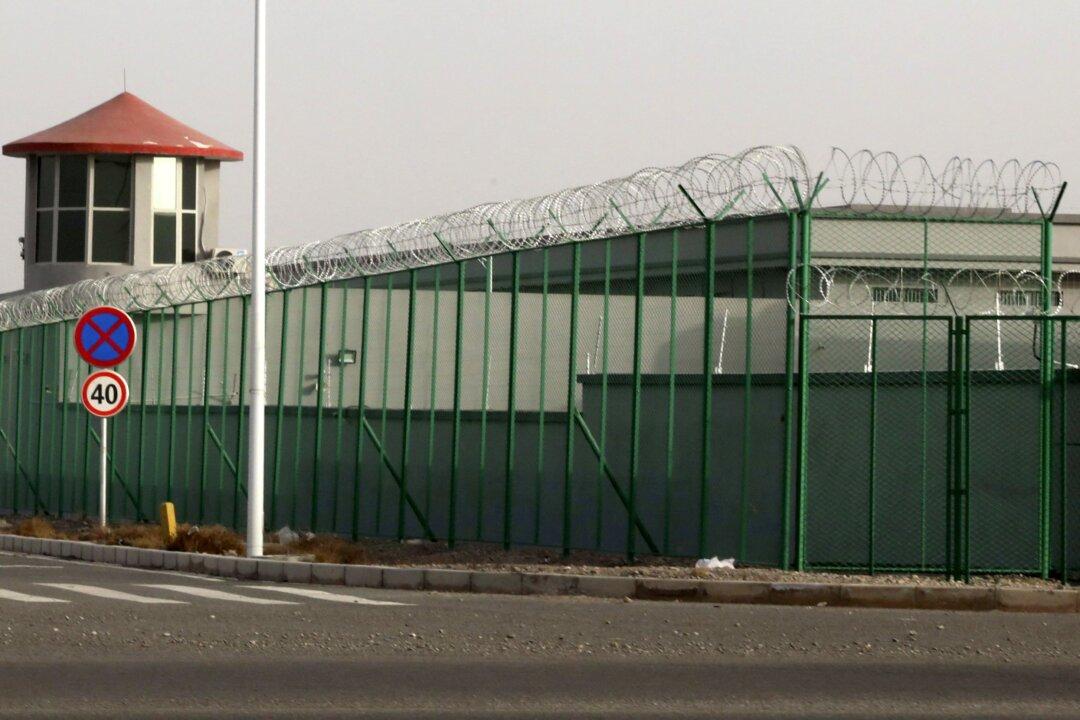The upcoming Canadian election campaign, with the vote set by legislation for Oct. 21, 2019, has unofficially already begun.
To win a second term, prime minister Justin Trudeau will have to convince Canadians that he has done more good than harm. The first includes creating gender equality in his cabinet and enhancing Canadian values in our foreign policy. A notable instance of the second was abandoning his commitment in the 2015 campaign to adopt proportional representation as used today by most of the world’s successful democracies.





